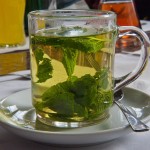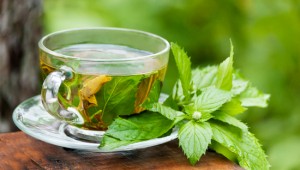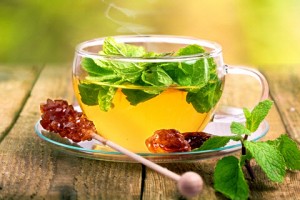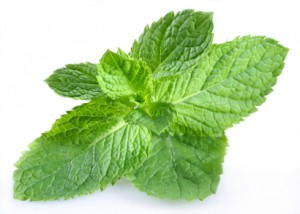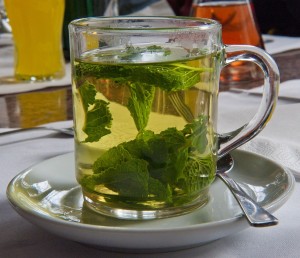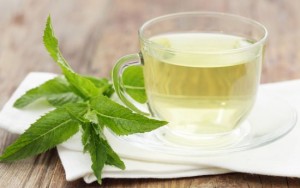Peppermint Tea
What is peppermint tea
A caffeine-free herbal infusion with a distinct flavor, pepper tea is prepared from the leaves of peppermint, a hybrid of watermint and spearmint, found in the Middle East and Europe. Also called as mint tea, its regular intake might help in improving several health conditions.
History and origin
According to some German and Greek records, it was used as a therapeutic aid for digestion and getting rid of cold, fever, and cough.
Peppermint health benefits: What is it good for
Reduces nausea
Its antispasmodic properties provide relief from uneasiness in the stomach as well as vomiting, the common signs of motion sickness, experienced by some people while traveling.
Aids in weight loss
Apart from being a low calorie herbal drink, it acts as an appetite suppressant, preventing overeating, and thus helping in weight control.
Promotes digestion
Its carminative effects allow the gas to pass smoothly through the digestive system, relieving bloating and stomach cramps. Drinking the herbal infusion may trigger bile flow, facilitating digestion, and reducing constipation by improving bowel movements. Being an antispasmodic, it might calm the muscles of the intestinal tract, resolving diarrhea and irritable bowel syndrome. Having it after every meal can resolve the symptoms of gastritis.
Skin-cleansing properties
Its consumption can increase the estrogen levels, helping in getting rid of acne, typically affecting an oily skin.
Beneficial for sleep deprivation
Drinking mint tea can lower mental stress and anxiety due to its antispasmodic and sedative effects, improving sleep. It might also be effective for depression.
Relief from headaches
Since the herbal decoction alleviates muscular spasms, it could be taken for relieving headaches linked to migraine and upset stomach.
Mouth refresher
Having antibacterial properties, menthol in the herbal drink refreshes the breath, preventing infections in the mouth.
For cold and fever
It plays the role of a natural decongestant by clearing the mucus in the respiratory passage, reducing cough, cold, and sinusitis. A warm cup of peppermint tea has a soothing effect on the sore throat. It is beneficial for bringing down a fever, owing to the presence of menthol.
Positive effects on the immune system
The potassium, calcium, and vitamin B in the herbal tea might assist in building a strong immune system, curbing the risk of several health conditions.
Regulates blood pressure
Some research studies have shown that it might be useful for managing blood pressure.
Minimizes gallbladder pain
It can lessen the pain in the gallbladder by reversing muscular spasms that occur in the presence of gallstones.
For lactose intolerance
Lactose intolerant individuals can get some relief from the symptoms with its consumption.
It is believed to be a strong diuretic that can increase the production of urine. In babies, it might be an effective remedy for colic, though consulting a doctor is necessary before use. It has also been regarded as a good herbal treatment for ulcerative colitis.
Other uses
Fights body odor
Pouring some amount of the herbal infusion to the bathwater is believed to be beneficial for removing unpleasant odor from the body. It also soothes the feet by reducing pain and fatigue when used as a footbath.
For skin irritation
Its external application on the skin can provide relief from the discomfort caused by hives, rashes, sunburns and insect bites.
Alleviates wisdom tooth pain
Rinsing the mouth with the herbal decoction can reduce a wisdom toothache.
Useful for hair
It can be used for washing oily hair and scalp.
How to make peppermint tea
- Add dried peppermint leaves into a teapot
- Pour a cup of boiling water into the teapot
- Steep for about 2 minutes
- Strain the mixture
- Sweeten it with some sugar or honey.
You may add milk for a unique taste. Refreshing iced peppermint tea can be prepared by cooling the drink, and refrigerating it for a while followed by adding honey, lemon, or sugar for enhancing the flavor.
Safety and Precautions
Side effects
As a part of a regular diet, it is regarded safe for drinking in limited quantity. However, its overconsumption may lead to muscle ache, reduced heart rate, drowsiness, and tremors. In some cases, the menthol could trigger an allergic reaction. The herbal tea is not recommended for people with gastroesophageal reflux disease (GERD) as it might relax the muscles of the sphincter, causing reverse flow of the stomach acids, leading to heartburn. It should not be consumed by those who are allergic to menthol or having glucose-6 phosphate dehydrogenase deficiency.
During pregnancy
Although peppermint herbal tea is considered to be a useful remedy for flatulence and nausea in pregnant women, discussing with a physician is compulsory prior to drinking as it may increase the risk of miscarriage by relaxing the uterine muscles. It would be better to avoid its consumption while breastfeeding.
Where to buy
Several herbal tea shops and online stores sell dried peppermint tea leaves and tea bags. Peppermint green tea, peppermint ginger tea, peppermint chocolate tea, and peppermint licorice tea are the other variations available in the local market.
References
- https://en.wikipedia.org/wiki/Peppermint_tea
- https://www.organicfacts.net/health-benefits/beverage/peppermint-tea.html
- https://www.bbcgoodfood.com/howto/guide/health-benefits-peppermint-tea
- http://www.newhealthguide.org/Benefits-Of-Peppermint-Tea.html
- http://www.beveragehistory.com/2011/08/history-of-peppermint-tea.html
- https://www.realsimple.com/food-recipes/shopping-storing/beverages/peppermint-tea-benefits
- http://americanpregnancy.org/pregnancy-health/herbal-tea/
- https://simplelooseleaf.com/blog/herbal-tea/peppermint-tea/
- https://food.ndtv.com/food-drinks/8-benefits-of-peppermint-tea-from-inducing-sleep-to-aiding-weight-loss-and-more-1748790
- http://www.rapidhomeremedies.com/wisdom-tooth-pain-relief.html
- https://www.ncbi.nlm.nih.gov/pmc/articles/PMC6567086/
- https://www.medicalnewstoday.com/articles/325242
- https://www.stylecraze.com/articles/effective-home-remedies-for-gastritis/
- https://wholehealthchicago.com/2009/05/05/gallstones/
- http://hennablogspot.com/kitchen-herbs-and-tea-for-your-hair/
- http://www.findhomeremedy.com/top-herbal-remedies-for-lactose-intolerance/
- http://www.findhomeremedy.com/herbal-remedies-to-lose-weight/
Article was last reviewed on 5th December 2022
Related Articles
Leave a Reply
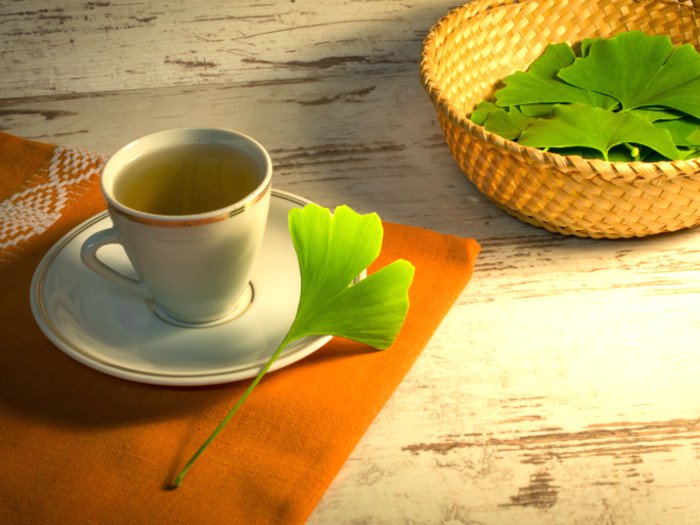
Ginkgo Biloba Tea
The Ginkgo Biloba tea is an herbal infusion obtained from the extract of the dried leaves
Read more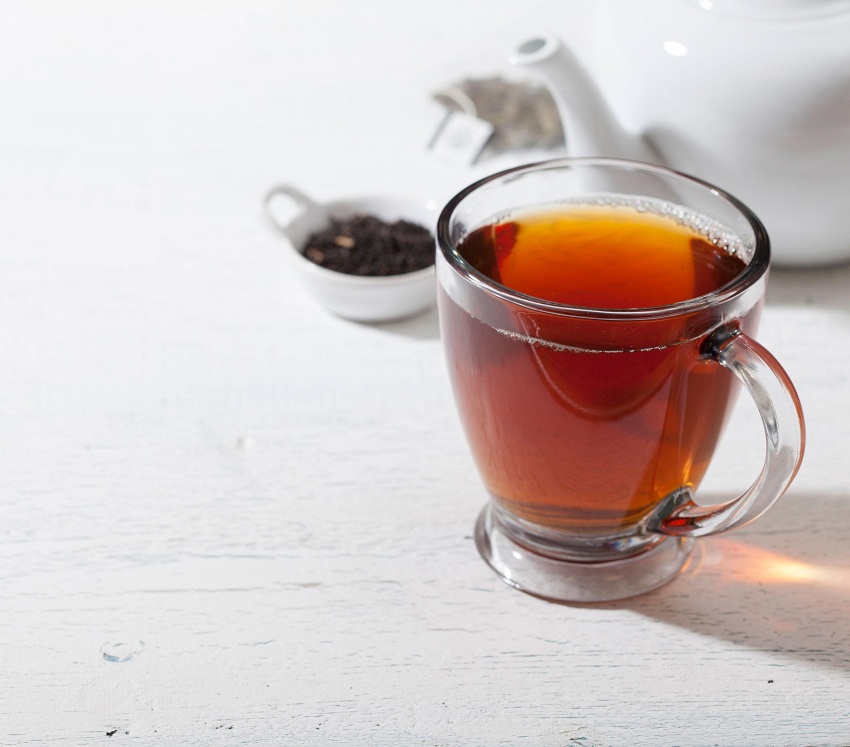
Black Tea
Black tea, belonging to the same group as the green, white and oolong teas is the most oxi
Read more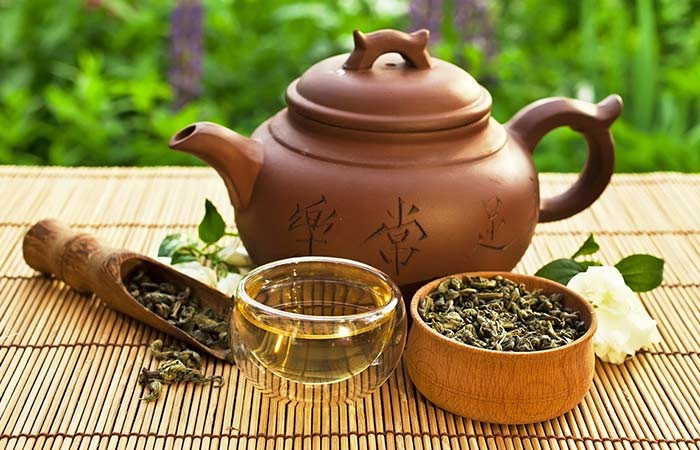
Oolong Tea
What is oolong tea Oolong, a traditional beverage of China, is prepared from the buds, st
Read more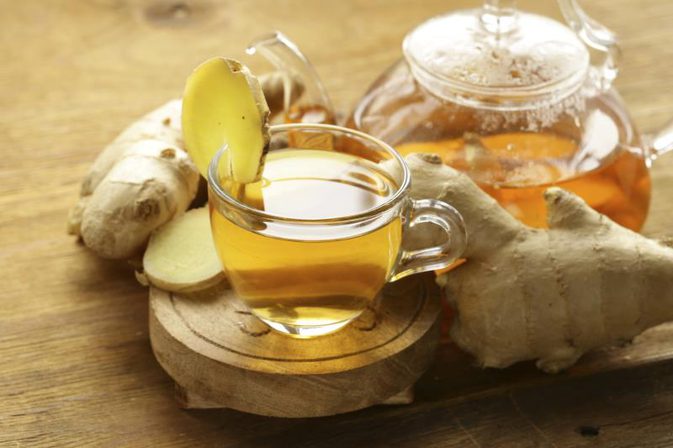
Ginger Tea
Ginger tea, prepared from the roots of ginger, is a popular herbal beverage of Asia. Becau
Read more
